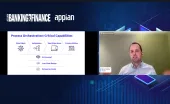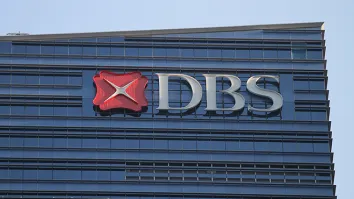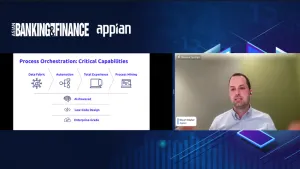
Digitalisation amplifies data and liquidity risks
Increasing interconnectivity increases complexity and opacity.
Digitalisation is creating new vulnerabilities and amplifying existing risks for banks, warned the Basel Committee on Banking Supervision in a new report.
Many of the new technologies and their applications are data intensive and require new data sources, or require leveraging existing data in new ways, the committee noted. This may exacerbate banks’ data governance challenges, it warned.
“In particular, the volume, velocity, variety, quality and integrity of data may heighten data governance risks,” the committee said in its report “Digitalisation of finance” published in May 2024.
The Basel Committee on Banking Supervision further noted that digitalisation also raises regulatory and supervisory implications for both banks and supervisors.
“These include monitoring evolving risks and adopting a responsible approach to innovation; safeguarding data and implementing robust risk management processes; and securing the necessary resources, staff and capabilities to assess and mitigate risks from new technologies and business models,” the committee said in a press release announcing the report’s release.
ALSO READ: Why tech is not the focal point of banks’ digital transformations
The report particularly highlighted data risks, noting that the use of alternative data in combination with artificial intelligence and money launder applications may exacerbate bias and explainability concerns.
“In addition, the use of new data sources or techniques may also present challenges in integrating these processes with legacy risk management processes,” it added.
For example, the use of new data to underwrite credit products may be challenging to integrate with existing credit loss modelling when assessing the
adequacy of allowances for credit losses, the committee said.
Another risk that can be amplified were liquidity risks.
“For example, retail customers could be easily confused if banks were to offer non-deposit forms of money (stablecoins) alongside deposits, and mistakenly assume that they have the same protections. Any event that prompts retail customers to lose confidence in a non-deposit form of digital money may spillover to a broader loss of confidence in bank deposits,” the committee said.
The committee also highlighted third-party risks. The third parties could reportedly amplify issues relating to information and cybersecurity, privacy, and operation resilience.
ALSO READ: How banks should rethink pricing
“Bank oversight of third parties can be limited in cases where banks have no contractual relationship with the third party, or where the third party has no regulatory authorisation. Banks may find it challenging to exercise effective
oversight and monitoring over these third parties,” The committee noted.
On the other end, fintechs’ reliance on banks to hold reserves or maintain operating accounts could precipitate liquidity or other stress on the
bank’s financial condition if the fintech were to fail or to leave suddenly, the committee said.
However, the committee also recognized the advantage posed by partnerships and banking-as-a-service to banks and other financial institutions.
“These partnerships can improve banks’ operational efficiency, expand their product offerings and distribution channels, and strengthen customer relationships,” the committee wrote.
Other risks highlighted include financial regulation risk; fraud-related risks; compliance risks; legan uncertainty; cyber risk; technology risk; and model risks.
















 Advertise
Advertise






